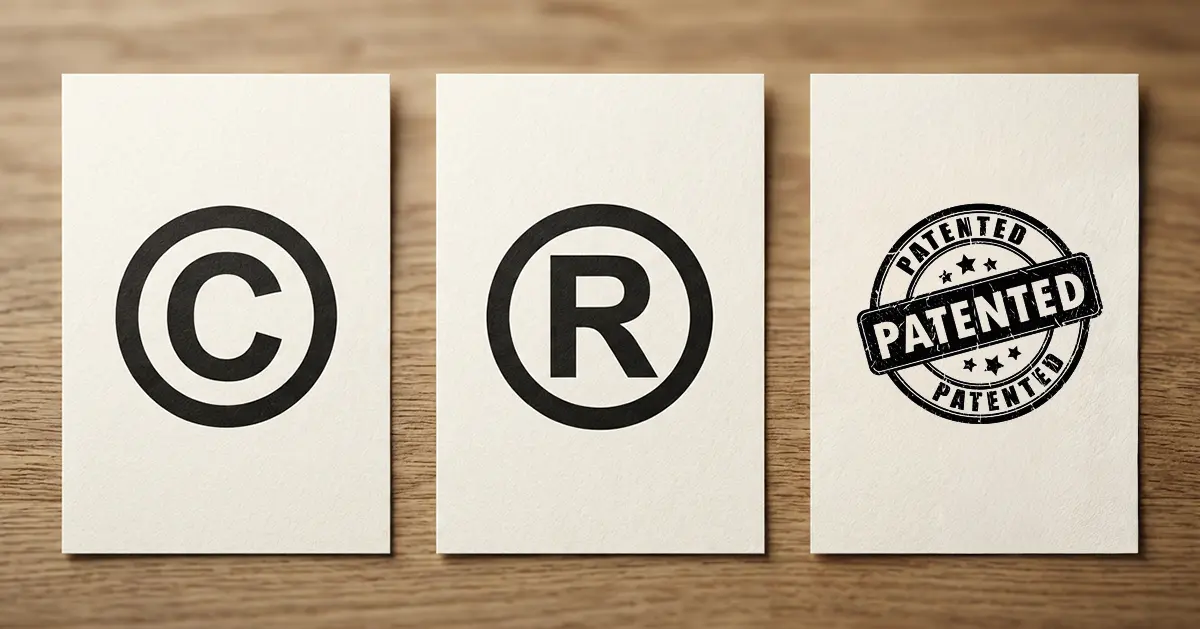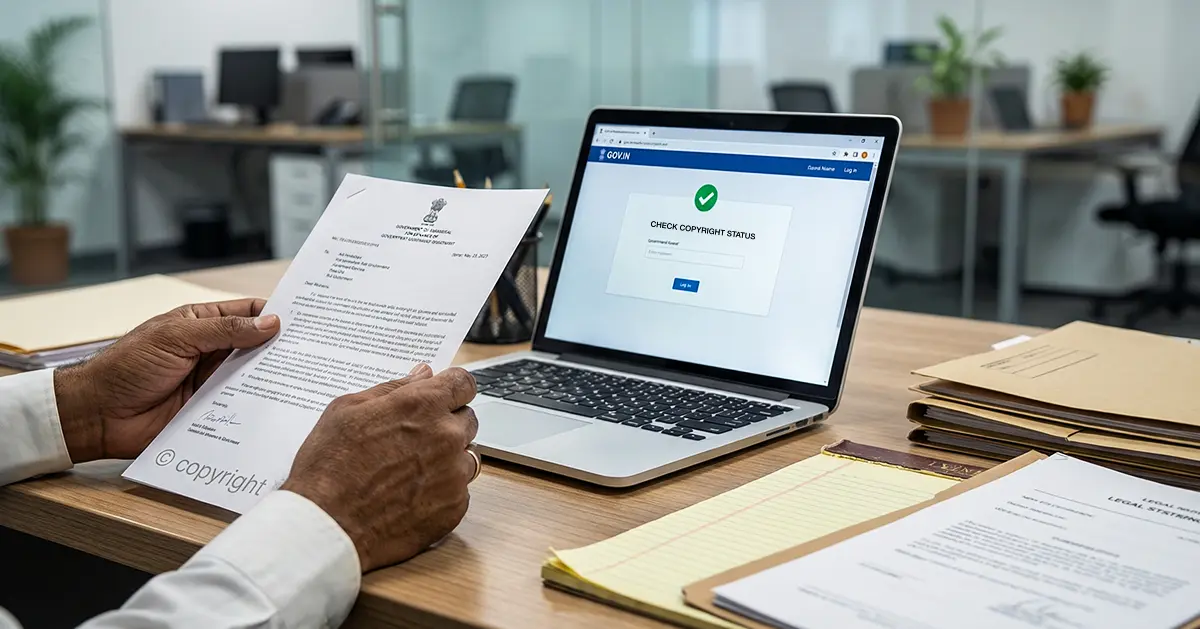
Copyright Law in Entertainment
In the flashy showbiz universe, copyright law acts like both a defender and a spotlight for genius artistry. With the damage from piracy reaching over₹20,000 crore ($2.4 billion) a year, each creator’s role is super important. After all, without protection, even the brightest stars can get lost in the crowd!
For example, an independent moviemaker, Reshma, who risked her house to create her documentary film, or songwriter Arman, who poured his life stories into his lyrics, deserve copyright protection. Copyright registration gives them the legal shield they need, plus honors them for shaping our cultural vibe. Behind each protected work stands a creator with personal investment and vision.
The copyright law preserves a wide range of creativity in the entertainment sector:
Music Entertainment – Lyrics and tunes get protection under copyright law. It also enables people to earn a profit from the specific and distinctive recordings made by the different studios.
Audio Visual Works – Scripts and book adaptations fall under copyright law, giving creators sole control over their work from initial drafts to final distribution.
Literature- Poems, stories, and novels, along with articles, are secure under copyright law and give them the privilege to share the content freely.
Performing Arts – Under the performing arts, apart from the script, copyright allows stage theatricals, unique choreography, and direction to receive protective covenants.
Digital Content – Podcasts and streaming videos are two forms that copyright has repeatedly shifted to safeguard new types of creativity in the digital industry.
Artistic design – Sculptures, photographs, paintings, and digital art are safe under copyright law, and the visual creators get a shield from unauthorized duplications.
Multimedia productions – Games, interactive experiences, and installations also have protection under copyright law.
Copyright protection allows entertainment professionals to safeguard their multi-faceted creative works to ensure proper protection from copyright infringement.

Copyright can protect a substantial investment, whether a multi-million-dollar film or an independently written song, so the creator must have rights to:
- Control the distribution of their work
- Prevent unlicensed reproduction
- Protect the physical integrity of their original work.
Across all the creative disciplines, copyright protection establishes the income by turning the creativity into a profession:
- It provides rights to ownership for the original work
- It allows monetization of copyright and earns revenue by leveraging rights (licensing and royalties)
- It creates an enforced course of action against theft
- It provides support for the broader community of creative professions and industries.
Copyright law must thoughtfully support the healthy tension of protection and culture:
- It allows for limited fair dealing of works for teaching and reporting
- It provides the criteria for derivative works
- It secures significant financial investment while providing the means for cultural discourse.
As the entertainment directives move to the digital space, copyright laws are consistently changing:
- They are considering the rights issues of generating and reproducing digital products
- They are establishing a licensing framework for streaming and digital licensing
- They are building cases for enforcement across borders
- They are promoting technology within copyright for digital works.
Ready to Turn Protection into Profit? We’re here to help you by making your copyright registration seamless. 👉 Talk to an Expert Now!
Copyright law is essential for entertainment professionals to safeguard their creative works, ensure fair compensation. They can maintain control over how to use and distribute their Intellectual Property.
Copyright Law enables musicians to:
- Control musical compositions
- Manage performance rights
- Generate revenue from streaming and live performances
- Protect against unauthorized sampling.
Copyright regulations help filmmakers:
- Secure exclusive rights to the screenplay and film concepts,
- Manage distribution and licensing
- Prevent unauthorized reproductions
- Protect visual and narrative elements.
Modern Copyright Law assists digital creators by:
- Protecting original video content
- Managing online distribution rights
- Preventing unauthorized content reuse
- Establishing clear monetization pathways.
The entertainment sector is still facing challenges regarding copyright protection. New technologies such as artificial intelligence, blockchain, and sophisticated digital platforms redefine how to produce, share, and defend intellectual property.
- Enhanced digital rights management: Enforce sophisticated technologies to manage and track digital consumption, avoiding illegal access.
- Advanced infringement detection: Utilize AI and machine learning to better detect and handle copyright infringement on various platforms.
- Dynamic legal frameworks: Design responsive and dynamic legal frameworks that adapt with developing technologies and new forms of intellectual property issues.
Copyright Law continues to be a necessary system of protection for creative property within the entertainment sector. By issuing solid legal structures, these laws provide that artists be able to innovate, produce, and distribute their works in their control while receiving fair compensation.
Ready to Protect Your Creative Assets? Consult with RegisterKaro to develop a comprehensive copyright protection strategy tailored to your entertainment industry needs.
Frequently Asked Questions
A: Copyright duration varies by jurisdiction, but typically extends for the creator’s lifetime plus an additional 60 years.




